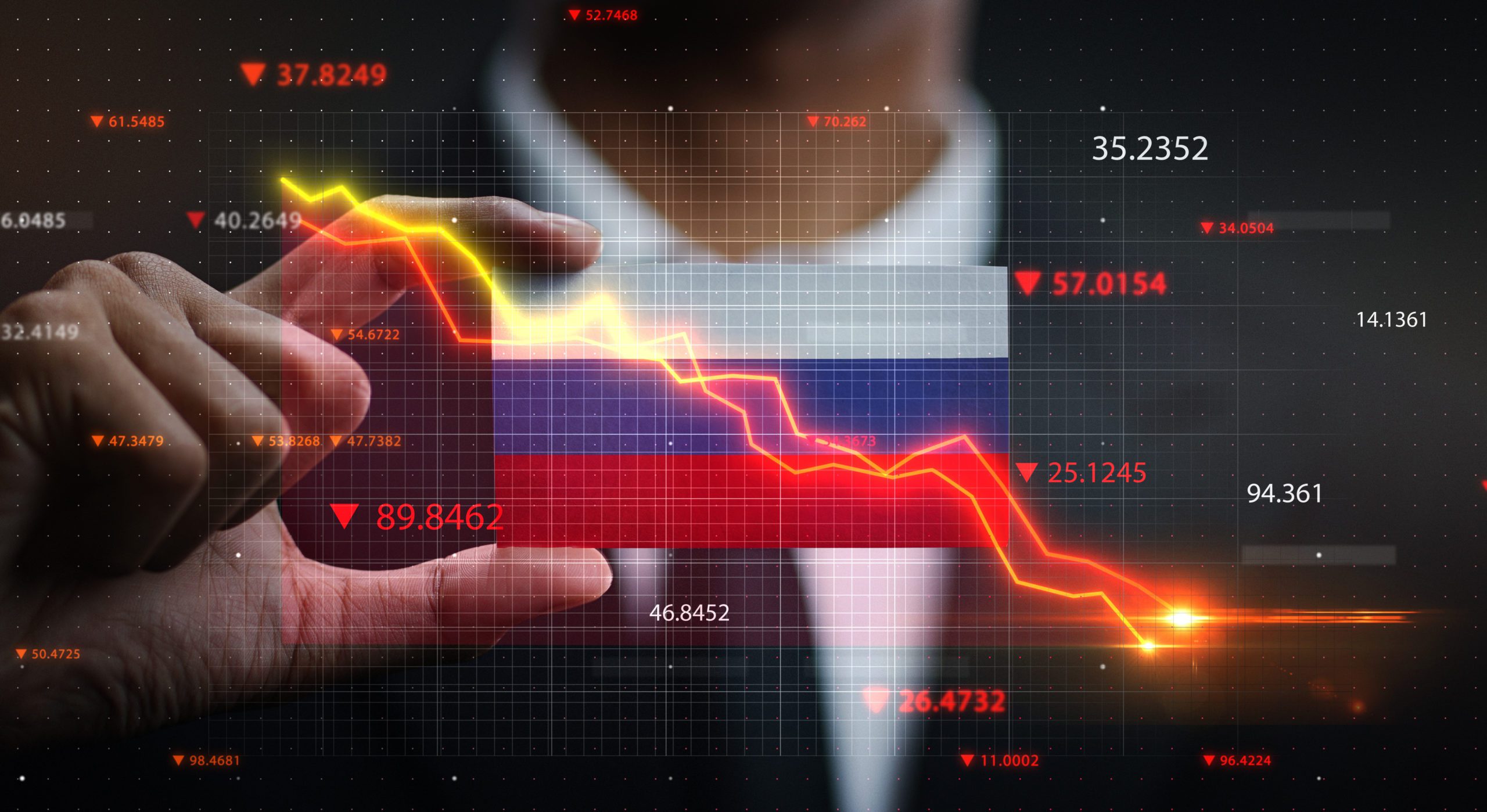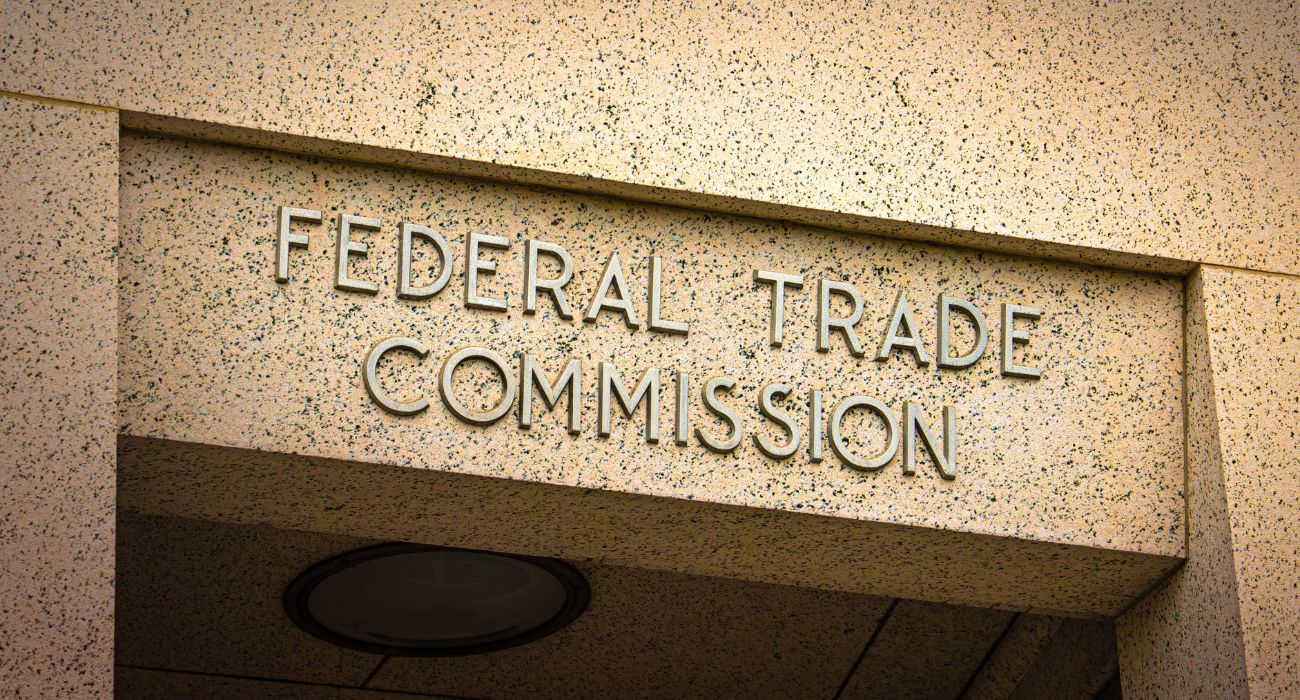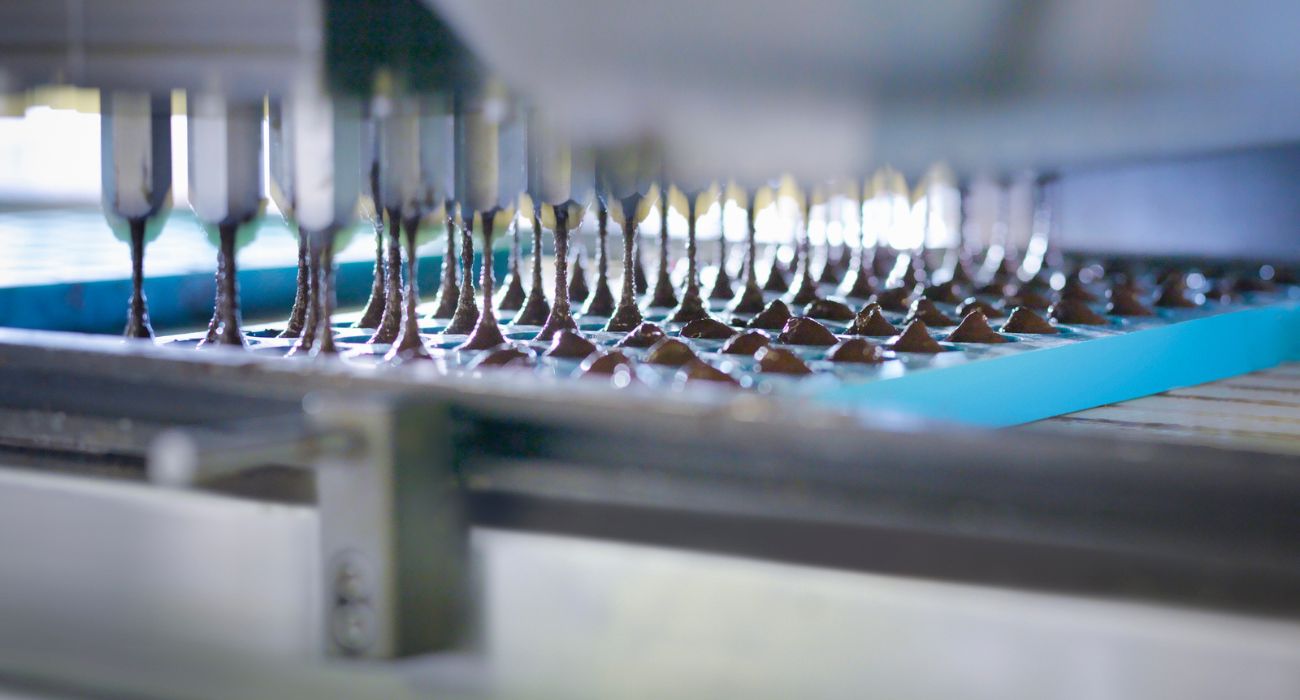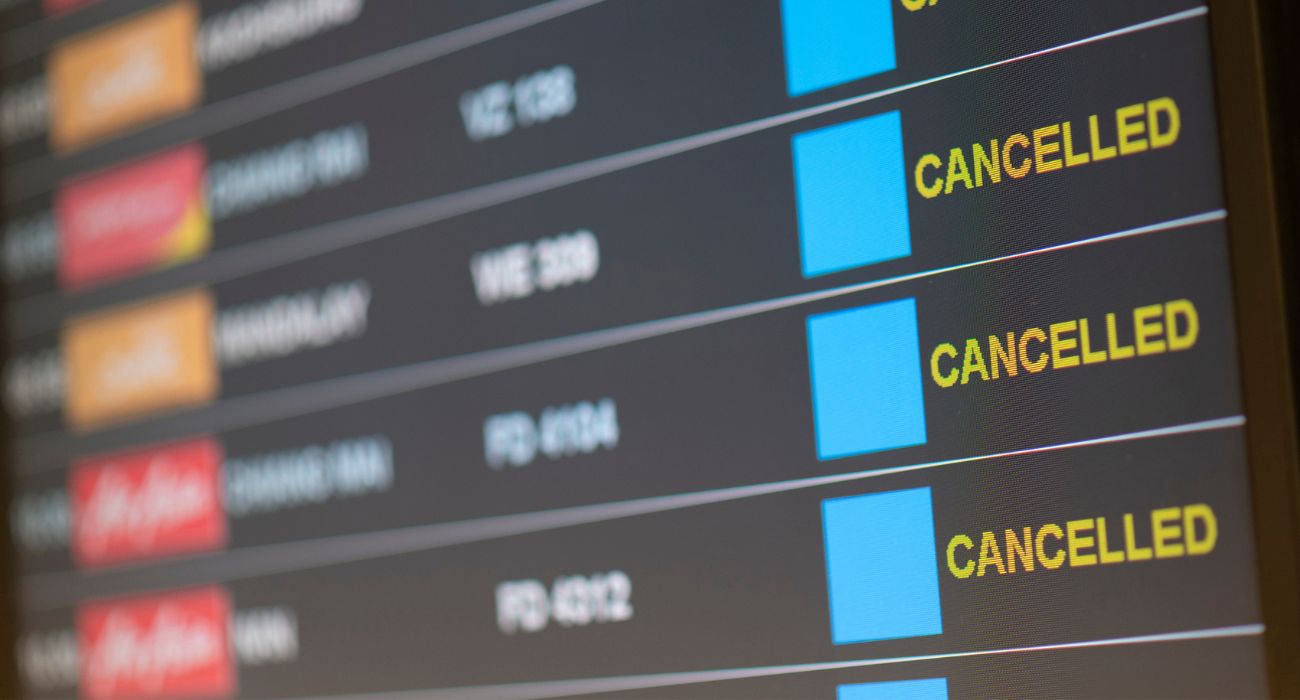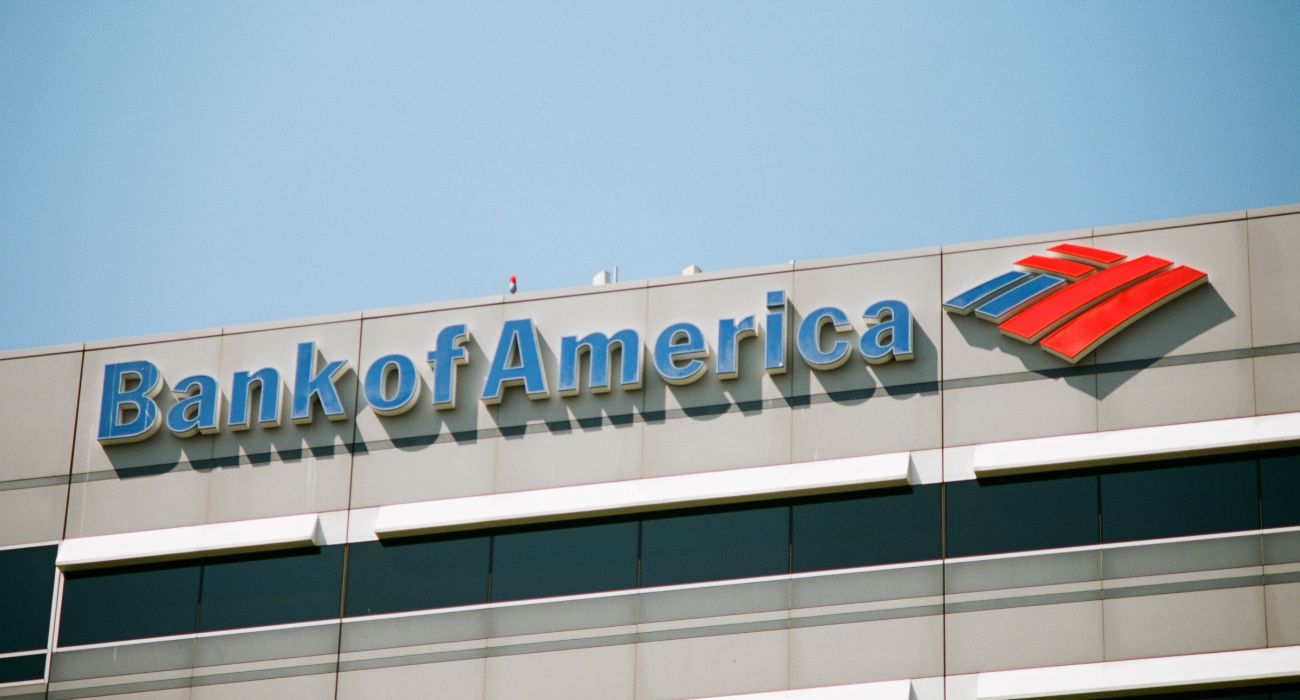Russian citizens are feeling the economic effects of Russian President Vladimir Putin’s invasion of Ukraine.
According to the United Nations’ Russian liaison, Russians are spending 40% of their disposable income on groceries, twice as much as before the war.
Russian government data shows that annual food inflation reached 18.75% on April 1. The Russian economy is reeling from continued tightening sanctions from the West and Europe.
Oleg Kobiakov of the UN Food and Agriculture Organization said that many Russian households are now resorting to crisis coping strategies as much of their income goes towards basic needs.
“People are postponing plans like going to college or buying a house. They’re saving in case they lose their job, in case of death,” he said.
The Moscow Times reported that the Russian Central Bank typically likes to have an annual inflation rate of 4%, but the latest data suggests that it will be four times that amount.
Renaissance Capital analysts predict that inflation will reach upwards of 24% by this summer.
Due to increased sanctions and inflation skyrocketing, the buying power of ordinary Russians is severely limited.
Exponential price increases in food staples, including pasta (25%), sugar (70%), butter (22%), and fruits and vegetables (35%), are concerning for Russians, especially those who live on lower incomes.
Along with the rising cost of necessities, Russians face job uncertainty. Large foreign companies are pulling their operations out of Russia either temporarily or permanently. According to Yale University, over 600 foreign brands have ceased operations since Russia occupied Ukraine in late February.
The companies’ departure leaves many Russian citizens waiting to see if they will continue to be paid or have to find other means of employment.
Some major businesses, like IKEA, have said they will continue to pay Russian employees. However, it is unknown how long that agreement will be maintained, as Russia has been, for the most part, disconnected from the global economy.
While Russians face inflation, stagnant wages, and possible job loss, some are panic buying and stockpiling staple food items such as buckwheat. This has led Russian supermarkets to put a limit on specific items.
Still, Putin has said that he intends to enact measures to offset Western sanctions, and the Russian government has assured its citizens there will be no shortage of necessary items.

